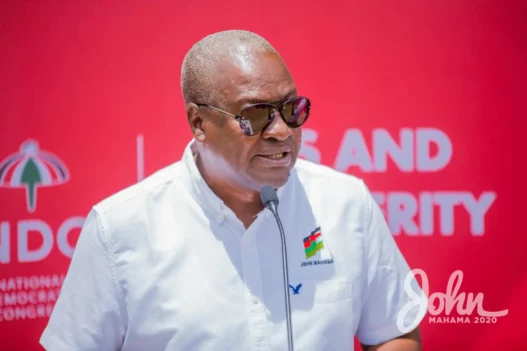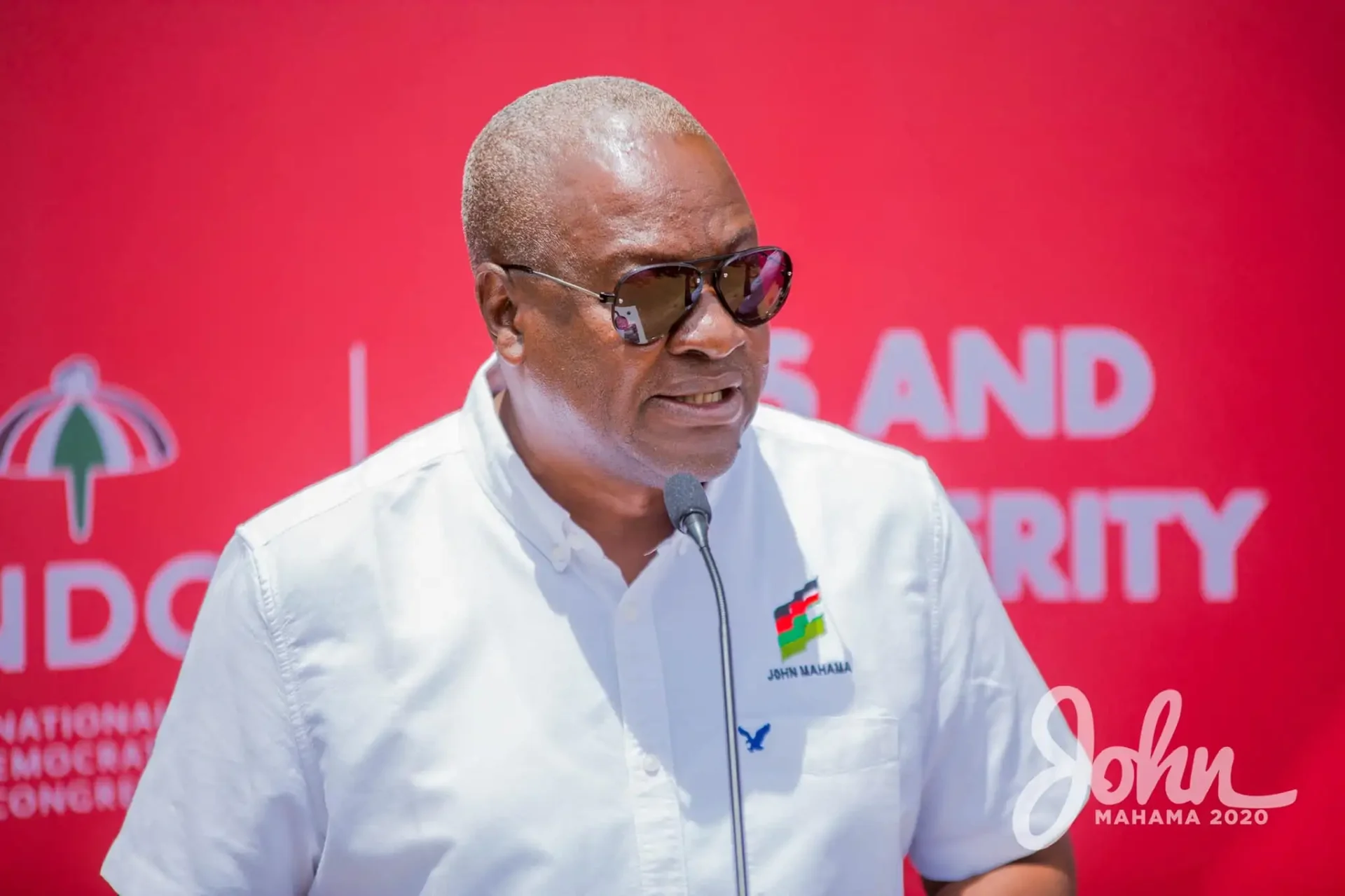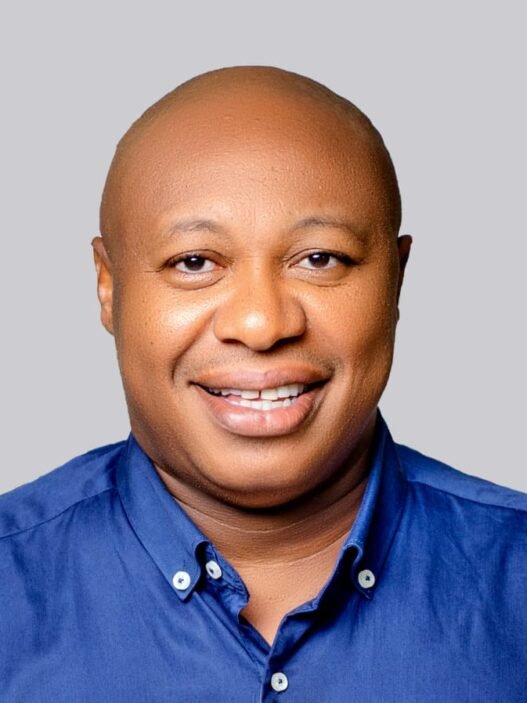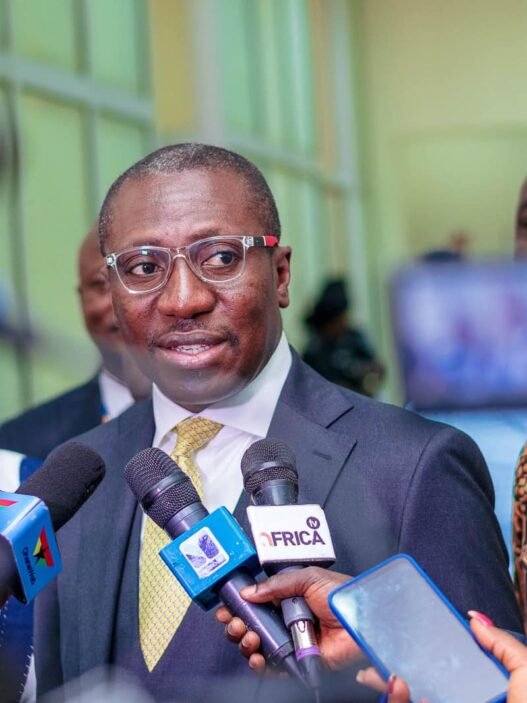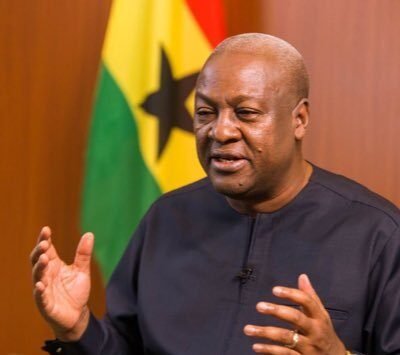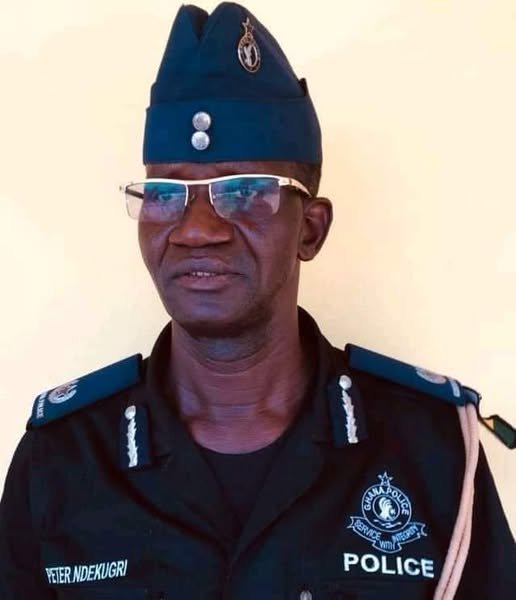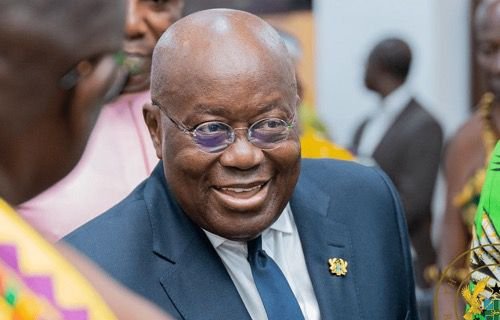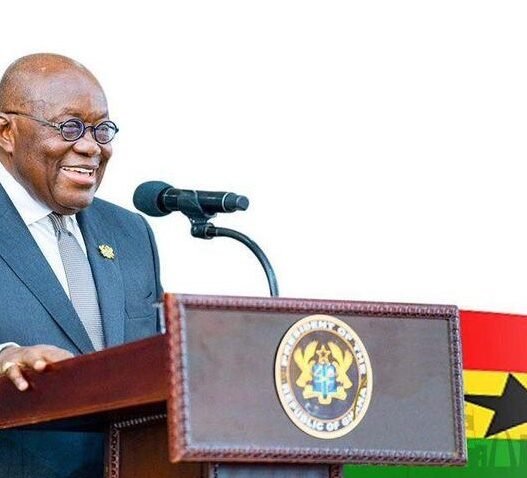By Raymond Ablorh
As Ghana steps into 2025, the inauguration of H.E. John Dramani Mahama for his second term as President signals a remarkable political comeback. Following his defeat in 2016, where he lost to the New Patriotic Party (NPP) by nearly 960,000 votes, Mahama’s return to power illustrates a response to public discontent with the outgoing government’s economic performance. This comeback is more than a personal victory—it reflects Ghanaians’ collective demand for economic recovery, transparency, and better governance.
The 2016 Defeat: Corruption and Economic Mismanagement
John Mahama’s first presidency ended in a stinging defeat during the 2016 elections. The NPP, led by Nana Akufo-Addo, capitalized on widespread public frustration, accusing Mahama’s administration of corruption and poor economic management.
Key Issues in 2016
- Economic Struggles: Ghana’s economy grew by only 3.5% in 2016, according to the World Bank, with a rising debt-to-GDP ratio and fiscal imbalances caused by an unchecked public sector wage bill.
- Corruption Allegations: High-profile scandals, such as those involving the Savannah Accelerated Development Authority (SADA) and the Ghana Youth Employment and Entrepreneurial Development Agency (GYEEDA), eroded public trust.
- Dumsor Crisis: Despite investments in the energy sector, Mahama’s administration faced criticism for its handling of the electricity crisis (popularly known as “dumsor”).
However, Mahama’s tenure also saw significant achievements, including infrastructure development and measures to stabilize the energy sector, which critics often overlooked.
The Akufo-Addo Administration: Unmet Expectations
The NPP rode to power on promises of economic transformation and better governance. Initially, economic growth rebounded, with the Ghana Statistical Service reporting a 6.1% GDP growth rate in 2017. However, over time, the administration’s policies failed to meet public expectations.
Rising Disillusionment
- Debt Accumulation: Ghana’s debt-to-GDP ratio climbed from 57.5% in 2016 to over 70% by 2024, straining public finances and limiting government spending on essential services.
- Economic Hardship: A 2023 poll by the Center for Democratic Development (CDD) found that over 60% of Ghanaians believed the government failed to address their economic needs, citing the high cost of living and unemployment as key issues.
- Corruption: Transparency International’s Corruption Perceptions Index reported a decline in Ghana’s score, dropping to 42 out of 100 in 2024.
Policy inconsistencies and a bloated cabinet of 125 ministers further alienated the electorate, paving the way for Mahama’s return.
The 2024 Elections: A Mandate for Redemption
In the 2024 general elections, Mahama secured a decisive victory, winning by over 1.6 million votes. His campaign capitalized on public dissatisfaction with the NPP and focused on promises of transparency, economic reform, and leaner governance.
Key Campaign Promises
- Reducing Cabinet Size: Mahama committed to a streamlined government with no more than 60 ministers, a move widely supported by a populace weary of excessive public spending.
- Fighting Corruption: A task force to recover stolen state assets and prosecute unresolved corruption cases is a top priority for the new administration.
- Economic Stability: Mahama has pledged to stabilize the currency, curb inflation, and reduce Ghana’s debt, which stood at over $700 billion by the end of 2024.
Challenges for Mahama’s Second Term
- Economic Recovery: Ghana’s rising debt and unemployment rates (12% in 2024) will require urgent measures to foster growth and create jobs. Collaborating with international partners, including the IMF, will be essential to securing financial stability.
- Dumsor: Although Mahama made strides in addressing the power crisis during his first term, sustained efforts will be needed to ensure a reliable and affordable energy supply.
- Social Services: Restoring confidence in public healthcare and education, both of which have suffered due to budget cuts, will be a critical challenge.
- Corruption: The success of the new government’s anti-corruption agenda will depend on swift and decisive action against both past and present offenders.
Opportunities and the Path Forward
Mahama’s administration has the opportunity to rebuild trust and reshape Ghana’s future. By prioritizing fiscal discipline, transparent governance, and inclusive growth, his government can chart a sustainable path forward. Key partnerships with regional bodies, the private sector, and international organizations will play a critical role in realizing these goals.
Conclusion
John Mahama’s return to the presidency is more than a political comeback—it is a second chance for Ghana to address deep-rooted challenges and set the nation on a course for sustainable development. His success will depend on his ability to learn from past mistakes, deliver on campaign promises, and foster unity in a nation that has experienced economic and political turbulence.
As Ghana enters this new chapter, the stakes are high. Mahama’s legacy will be defined not only by his ability to govern effectively but by his commitment to accountability, transparency, and the well-being of all Ghanaians.









